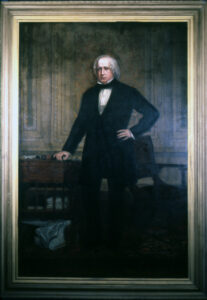Business & Industry
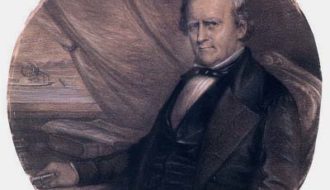
Shreve Town Company
The Shreve Town Company was a for-profit business venture that led to the establishment of what is today known as Shreveport, the largest city in northwest Louisiana.

The Shreve Town Company was a for-profit business venture that led to the establishment of what is today known as Shreveport, the largest city in northwest Louisiana.

The Shreve Town Company was a business venture that led to the establishment of what is today known as Shreveport, the largest city in northwest Louisiana.
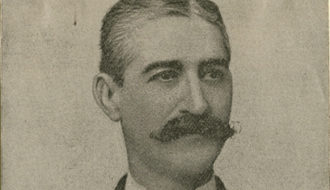
After the murder of New Orleans police chief David Hennessy in 1890, political conflict between reformers and ward bosses resulted in mob violence and lynching, and eleven Sicilians were killed.
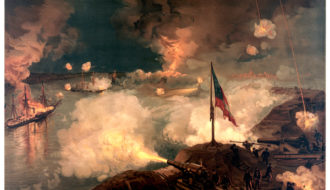
The capture of Port Hudson in Louisiana gave Union forces control of the Mississippi River and was a significant turning point in the Civil War.

The capture of Port Hudson in Louisiana gave Union forces control of the Mississippi River and was a significant turning point in the Civil War.
French explorer and commander Sieur de Sauvole served as the acting governor of Louisiana from May 2, 1699, until his death on August 22, 1701.
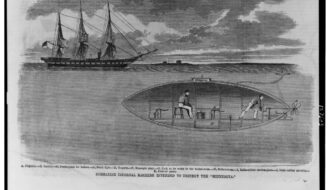
The Singer Submarine Company operated a naval yard on the banks of Cross Bayou that built five Confederate submarines, four of which were sunk before seeing combat.
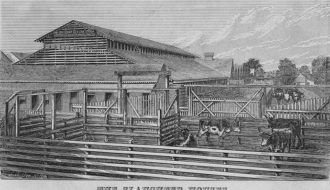
The US Supreme Court ruling in the Slaughterhouse Case was the first interpretation of the Fourteenth Amendment by the high court and resulted in diminished civil rights protection for citizens.
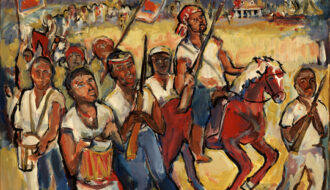
Slavery existed in Louisiana from its earliest origins as a French colony through the Confederacy's defeat in the Civil War. Slave insurrections, however, were unusual events.

As early as 1699, when Pierre Le Moyne d'Iberville first began to develop the French colony of Louisiana, he petitioned the king to allow a slaving expedition to the west coast of Africa to procure captive laborers.
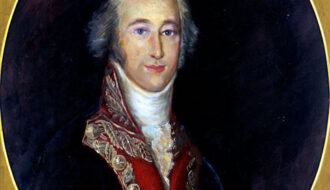
During Louisiana's Spanish colonial period, the number of enslaved Africans and the number of free people of color increased greatly.
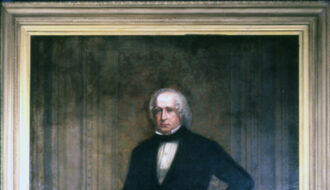
Surveyed and platted in 1883 for the New Orleans and Northeastern Railroad, Slidell was named for John Slidell, Confederate ambassador to France and U.S. congressman.
One-Year Subscription (4 issues) : $25.00
Two-Year Subscription (8 issues) : $40.00
